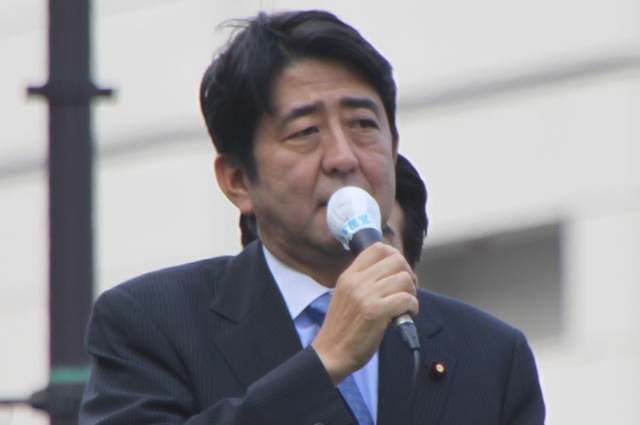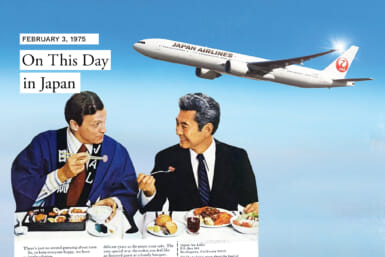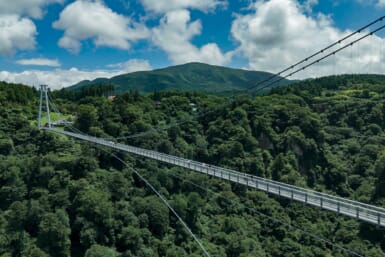Shinzo Abe’s Liberal Democratic Party clinched a win at the polls on Sunday, securing the two-thirds majority he needs to successfully push his mandate. But critics say that the incumbent Prime Minister has little to celebrate.
Yesterday the AFP pointed out in an article that Abe “insisted the election had been a necessary plebiscite on his big-spending, easy-money policies, known as Abenomics, although critics said the record low turnout of around 52 percent tarnished his mandate.”
Such staggering voter apathy, is nothing new—in fact, Abe’s detractors say it has haunted him since he took office in 2012. Critics attribute that, as well as subsequent LDP victories, not to Abe’s skill as a leader, but to the lack of skill of his opponents. According to Reuters, “The main opposition Democratic Party of Japan (DPJ) won 73 seats, with further gains blocked largely by voters’ memories of a 2009–2012 rule plagued by policy flip-flops and infighting.”
Specifically, much of the public was appalled by the DPJ’s handling of the catastrophes of 3/11. A Daily Beast story, penned shortly after the LDP’s 2012 victory, noted that “Abe claims that the Democrats—a party that was a hodgepodge of conservatives and socialists and full of political freshmen—wrecked Japan’s already shrinking economy and mishandled the recovery efforts from last year’s earthquake-tsunami-nuclear triple disaster.”
While Abe is seen as a lesser of two evils by some voters, the PM’s critics say he is anything but. As an Associated Press story points out, “Doubts remain about whether he can achieve his broader economic and political goals, which face opposition from both vested interests and the public.” Aside from those constraints, Abe’s detractors are even more opposed to what the PM will be able to achieve with his new majority. They take issue with his nationalist agenda, which includes plans to bolster the military, soften historical accounts of Japan’s WWII misdeeds, and instill other policies that will strain the nation’s already tense ties with longtime rival China.
While these factors may taint Abe’s latest victory, several pundits point out that the win was far from irrelevant. Thanks to the majority, Abe has cemented his leadership for the next four years, something no other politician was able to do for the six years prior to his 2012 win—including himself, when he abruptly resigned because of health issues after a year in office in 2006. As “It’s a surprising turn for a politician who flopped in his first stint as prime minister … Most Japanese prime ministers come and go, their names soon forgotten … Shinzo Abe could be emerging as one of the rare strong ones after a decisive election victory.”
—Kyle Mullin
Main Image of Abe campaigning in 2010: Wikimedia Commons









